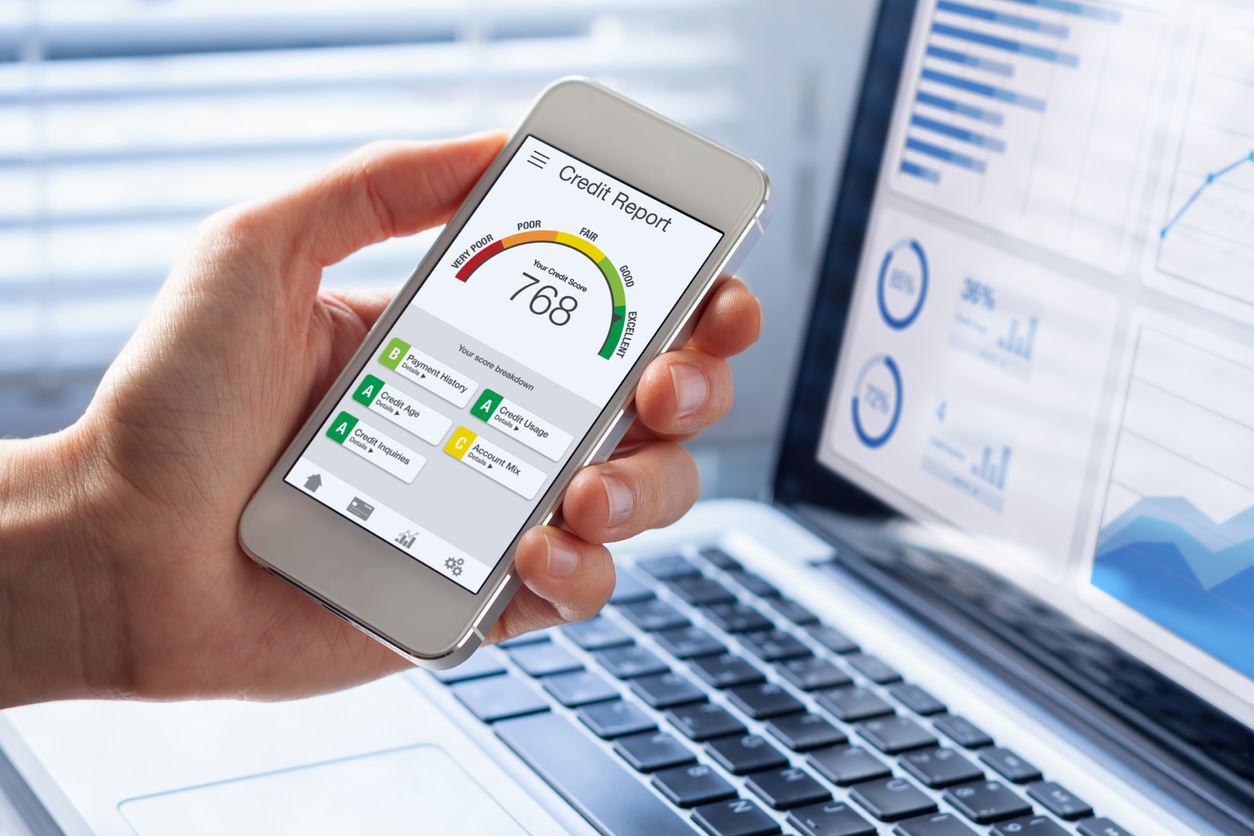One of the most common questions that people tend to have about bankruptcy is what happens to their credit score after they file. There are a couple of factors that go into the answer: what type of bankruptcy you filed for, personal habits, and time. Below you’ll find a guide as to what happens to your credit score after bankruptcy, and what it may take to see a positive change.
The Type of Bankruptcy You File For
The type of bankruptcy you file for does make an impact on when you can see a change in your credit score.
Chapter 7
Your credit score after filing will be available 90-120 days after your discharge. The average credit score about 2-3 months after a Chapter 7 bankruptcy will go down around 100 points initially, and will usually hover around 500-550 for the average consumer.
Chapter 13
Your score will be available to you 90-120 days after your discharge, following your 3-5 payment plan. There will be a drop in credit score, but it would be less severe than that of a Chapter 7 discharge.
While these may look like the worst possible outcome, here are some statistics to note:
- Within a year, 43% of filers had a score of 640 or higher
- Within two years, 65% of filers had a score above 640
These statistics show that even though bankruptcy may lower your credit score initially, it is absolutely possible to build it back up in a reasonable amount of time when good habits are put into place.
Personal Habits
After the initial dip in credit, it falls on the debtor to build up their credit score. One of, if not the best way to rebuild credit, is to instill good financial habits after bankruptcy. Here are tips for starting better habits:
- Refrain from borrowing money too quickly - focusing on making on-time payments to existing loans and credit cards is one of the easiest ways to build credit.
- Open a secured credit card - these are generally available to recent bankruptcy filers and can help raise your credit by using it responsibly and making timely payments.
- Car financing - it is possible for Chapter 7 filers to finance a car the day after filing, while Chapter 13 filers can potentially finance during their payment plan. If allowed, making payments and staying consistent is the key to raising your credit through vehicle financing.
Time
After bankruptcy, it’s important to note that time is your friend. At first, you may only see slight improvements in your credit score, but making on-time payments will gradually increase your score piece by piece.
As time progresses, banks, landlords, and lenders will be more inclined to work with you once more time has separated you and your bankruptcy. So don’t give up hope after filing for bankruptcy.
Contact our Georgia Bankruptcy Team Today
We understand how stressful and confusing finances can be. That’s why we are committed to a compassionate and personalized approach to make finding your financial independence a simpler and more efficient process.
If you have questions about your credit score after bankruptcy, or if there are more options for you to explore, don’t hesitate to contact us today through our website or give us a call at (404) 620-3337!





